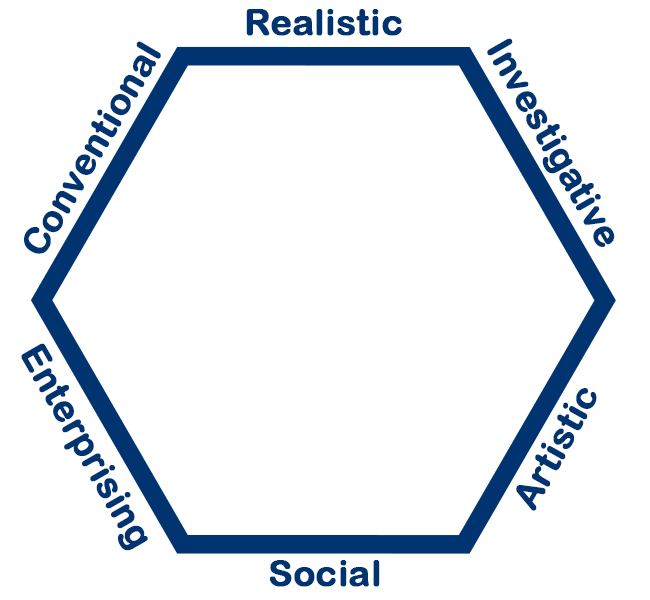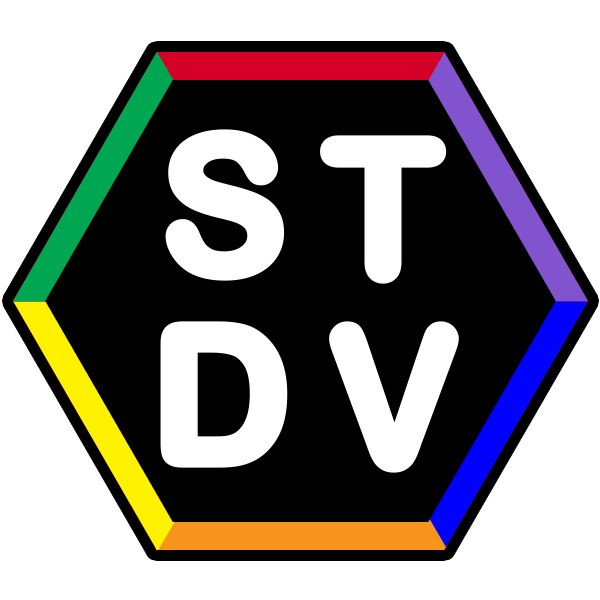Career Research Outline
This Career Research Outline Form .docx is a great tool for asking the questions you need to answer in deciding on a career. I use this as an assignment in both Student Development classes. Fill out one form per career you are researching to help you decide what is the best choice for you.
Career Research Resources
O*NET Online
The O*NET program is a source of occupational information. The O*NET database contains information on hundreds of standardized and occupation‐specific descriptors. The database, which is available to the public at no cost, is continually updated. Information from this database forms the heart of O*NET Online, an interactive application for exploring and searching occupations. The database also provides Career Exploration Tools, a set of valuable assessment instruments, for workers and students looking to find or change careers.
The Occupational Information Network (O*NET) is under the sponsorship of the US Department of Labor/Employment and Training Administration.
Online Resources
There are many online resources and information to help you choose a Career Pathway or Major. The following are useful online resources:
- Career Coach allows you to take assessments to learn about yourself and find careers based on your interests, browse careers with information about salary and the classes and degrees you will need, and Programs offered at Bakersfield College. It also includes an easy-to-use resume builder.
- BC Career Services will give you information on Career Counseling, more resources and student employment.
- Check out the California Career Cafe for video tutorials, tips and exercises to help you in finding the career path for you.
- Career Key has many tests and information about finding a career right for you and choosing a college major.
- The Occupational Outlook Handbook (OOH) has further information about your career choice. Use the OOH Search to search for a career or click the “A-Z Index” to browse careers in alphabetical order (top right hand corner).
- What to do with a major in? will help you find careers that match your major.
- Directory of Accredited Online Schools & Colleges — includes online schools, online colleges and online universities.
Holland’s Hexagon Codes
Holland Codes represent a set of personality types described in a theory of careers and vocational options.
In a perfect world, we would all choose careers that suit our core interests. However, this is not a perfect world. For all sorts of reasons, we can find ourselves in positions where what we’re doing just doesn’t suit our natural interests and abilities. This is where understanding how job and personality fit together can help you change the situation for the better.
Ability and personality are the two main contributors towards job satisfaction. You are likely to find that jobs that suit your ability and personality are much more rewarding than those that do not. Here we look at your work interests — an important part of your work personality.
Understanding the Theory: Holland’s Codes
In the 1970s John Holland developed a popular theory of interest development based around these six personality types:

John Holland created a hexagonal model that shows the relationship between the personality types and environments. You are most likely to choose a satisfying job if you choose one that fits your personality type.
A good match-up is called “Congruent” (meaning “compatible, in agreement or harmony”). For example, imagine that your highest score on the Career Key is for the Realistic type. Looking at the table below, you can see that the most compatible job environment is Realistic. It is a congruent match. This suggests that you choose a job in the Realistic group. Or, you might choose from the jobs that fall in the Investigative or Conventional category.
| Your Personality Type | Most Compatible | Compatible |
|---|---|---|
| Realistic | Realistic | Investigative & Conventional |
| Investigative | Investigative | Realistic & Artistic |
| Artistic | Artistic | Investigative & Social |
| Social | Social | Artistic & Enterprising |
| Enterprising | Enterprising | Social & Conventional |
| Conventional | Conventional | Enterprising & Realistic |
Most people, in reality, are a combination of types — like Realistic‐Investigative, or Artistic‐Social. Therefore, you will probably want to consider occupations in more than one category.
See this brief explanation of Holland’s Codes.


